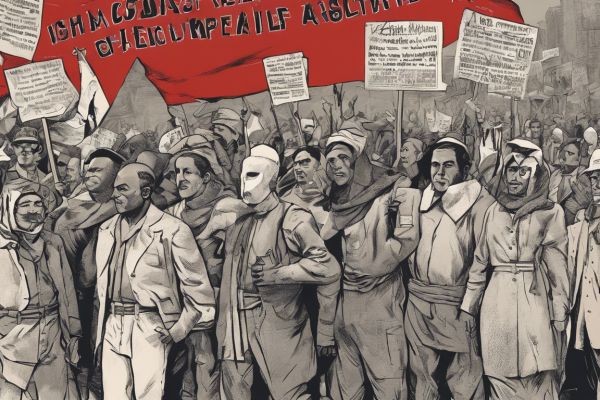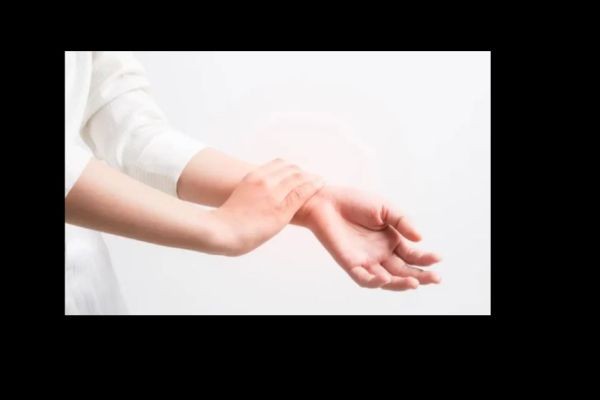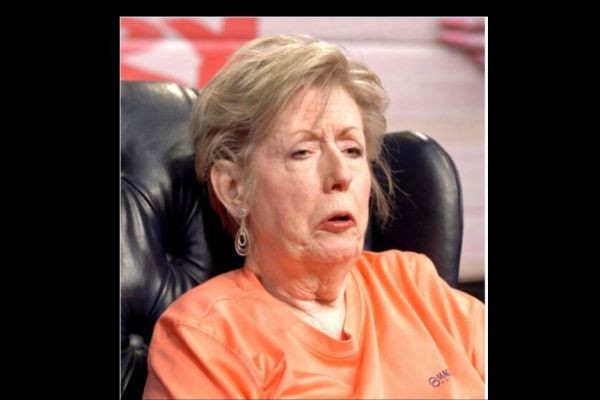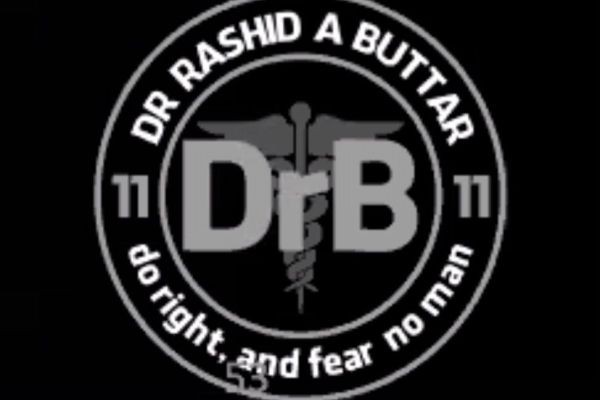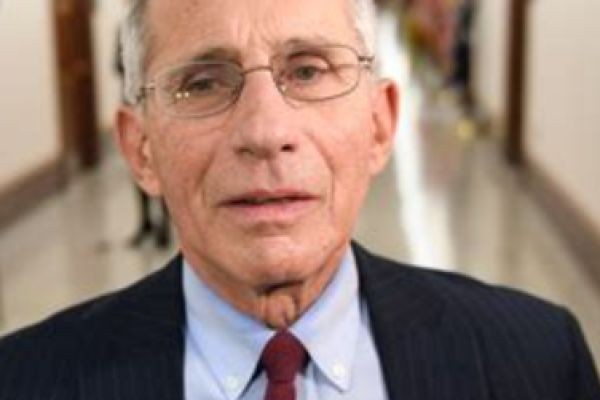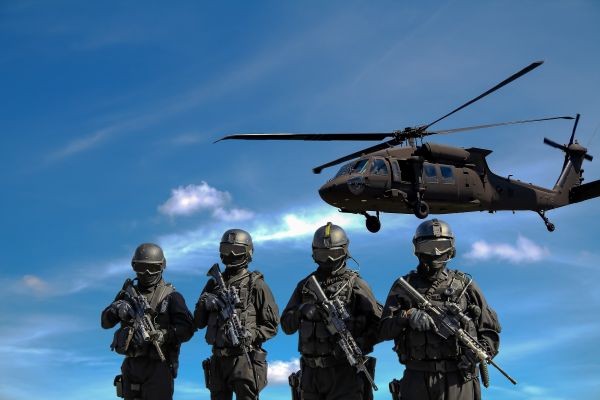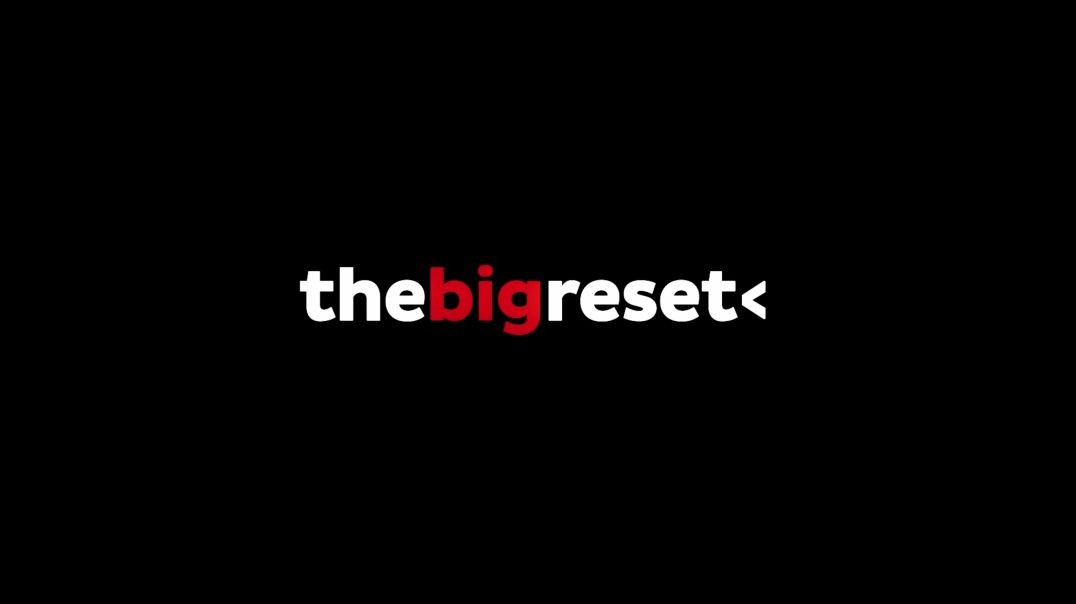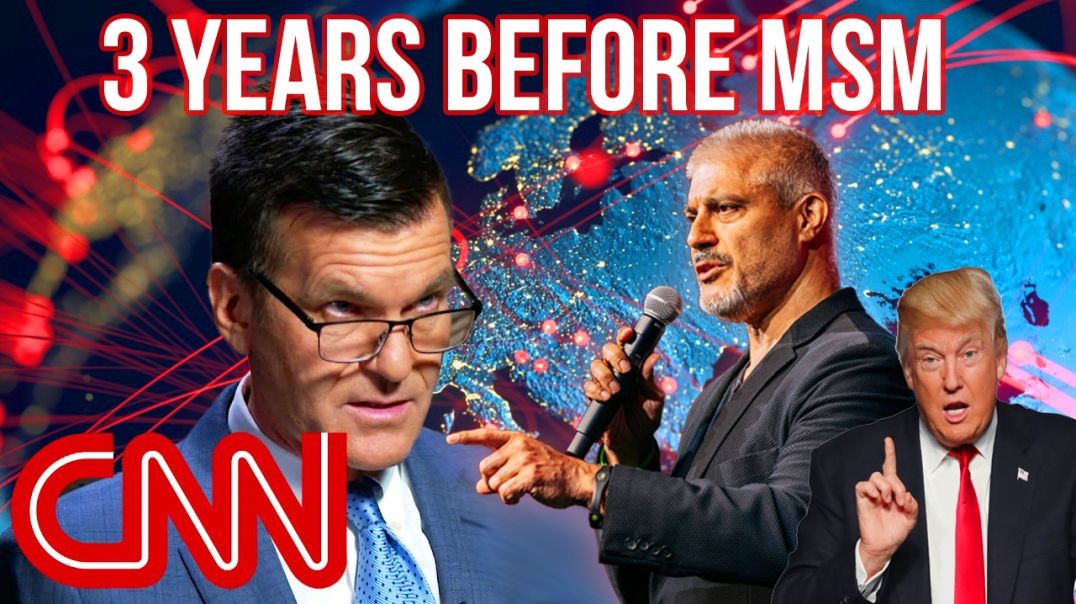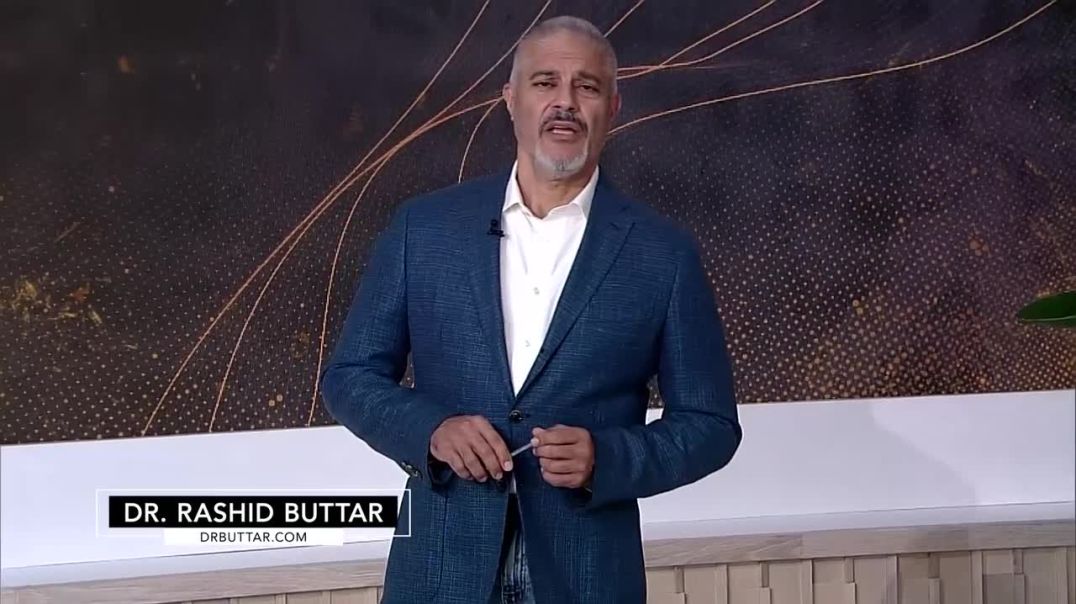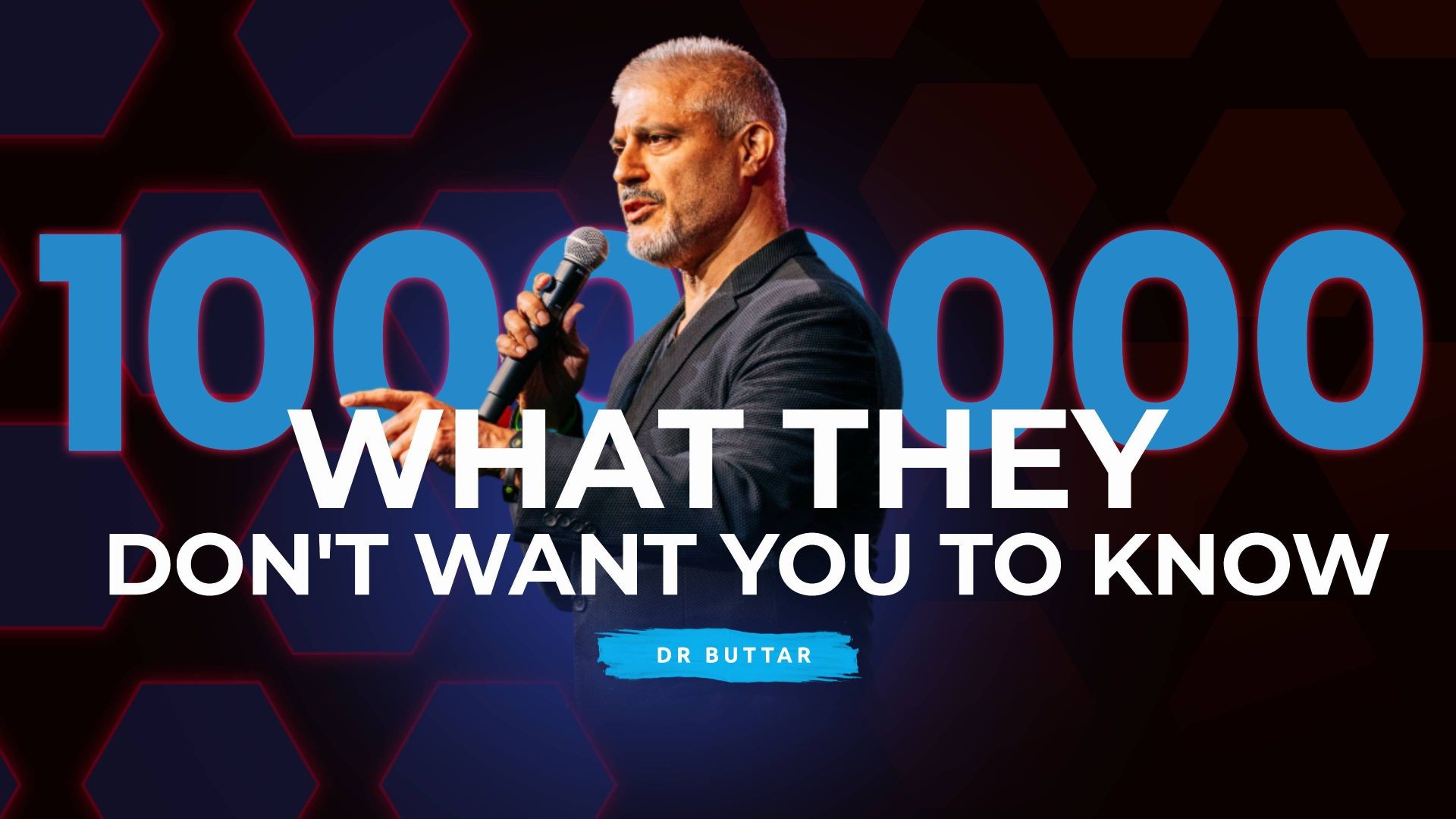by - L. Richardson
A growing wave of criticism has emerged against the promotion of socialist ideologies and pro-Palestine movements within the United States. The debate surrounding this issue has become increasingly polarized, from concerns over external influence on domestic policies to scrutiny of funding sources for activist groups. At the heart of the controversy lies the examination of political agendas that may be propagated on university campuses and through organized protests related to the Israeli-Palestinian conflict.
This comprehensive analysis aims to identify the key players and their roles in driving the critique of socialist ideologies and pro-Palestine movements in the USA. It will delve into the funding sources and networks behind these initiatives and the on-campus protests and activities that have sparked widespread opposition and concerns over ideological influence on educational institutions. By shedding light on this contentious topic, the article seeks to foster a nuanced understanding of the debate surrounding the scrutiny of open society foundations' activities and the perceived threat of socialist reconstruction within America's borders.
Identifying the Speaker and the Context
The Elusive Provocateur
At the heart of the controversy lies a speaker whose identity remains mysterious. During a rally for Gaza at George Washington University, this enigmatic figure made inflammatory remarks that sent shockwaves through the nation. According to multiple reports, the speaker brazenly declared, "There's only one solution, intifada revolution," and "We must have a revolution so we can have a socialist reconstruction of the United States of America."
These incendiary statements explicitly linked support for the Palestinian cause abroad with a call for domestic communist revolution within the United States. The speaker's words served as a rallying cry for those advocating for the overthrow of the existing socio-political order and the establishment of a socialist regime in America.
- Unmasking the Instigators
While the primary instigator's identity remains unknown, several individuals associated with pro-Palestine activism on university campuses have come under scrutiny:
- Nidaa Lafi, a former legislative intern and current law student, was seen leading a protest against Israel at the University of Texas-Austin.
- Craig Birckhead-Morton, a fellow paid by the US Campaign for Palestinian Rights, was arrested at Yale for trespassing during a protest organized by the student group Yalies4Palestine.
- Malak Afaneh, the co-president of the Berkeley Law Students for Justice in Palestine, is among the most prominent fellows funded by the US Campaign for Palestinian Rights.
These individuals represent a network of activists actively promoting the Palestinian cause on American campuses, often through controversial means.
Name / Affiliation / Notable Activities
Nidaa Lafi / Former legislative intern, current law student / Led protest against Israel at the University of Texas-Austin
Craig Birckhead-Morton / Fellow, US Campaign for Palestinian Rights / Arrested for trespassing during Yale protest
Malak Afaneh / Co-president, Berkeley Law Students for Justice in Palestine / Prominent fellow funded by the US Campaign for Palestinian Rights
The identities and activities of these individuals raise concerns about the potential influence of external forces and political agendas on American educational institutions.
Funding Sources and Network
The Soros Network: Bankrolling Dissent
At the heart of the controversy lies a vast network of funding sources spearheaded by billionaire George Soros and his Open Society Foundations. According to multiple reports, Soros and his affiliated organizations have funneled significant amounts of money to some of the most prominent groups involved in the wave of protests across university campuses in the United States.
- The Open Society Conduit
The Open Society Foundations, now controlled by Soros's son Alex, who is dating Huma Abedin, Hillary Clinton's closest aide and wife of the disgraced politician Anthony Weiner, have emerged as a primary funding channel for these initiatives. The foundations have been accused of using their resources to funnel large sums of money to other groups like the Tides Foundation, which then distributes it to smaller organizations such as A Jewish Voice for Peace.
- Follow the Money Trail
- The US Campaign for Palestinian Rights (USCPR) has received over $300,000 from Soros' Open Society Foundations since 2017 and $355,000 from the Rockefeller Brothers Fund since 2019.
- A Jewish Voice for Peace (JVP) has received $650,000 from Soros' Open Society between 2017 and 2022.
- WESPAC, a nonprofit founded in 1974, has received $132,000 from Soros' Open Society Foundations.
- Felice Gelman, a former Wall Street investment banker, gave Students for Justice in Palestine $20,000 through Sparkplug, her family foundation.
Organization / Funding Source / Amount
US Campaign for Palestinian Rights (USCPR) / Open Society Foundations / $300,000 (since 2017)
na / Rockefeller Brothers Fund / $355,000 (since 2019)
A Jewish Voice for Peace (JVP) / Open Society Foundations / $650,000 (2017-2022)
WESTPAC / Open Society Foundations $132,000
Students for Justice in Palestine / Sparkplug Foundation / $20,000
- Key Players and Their Roles
- Nidaa Lafi, a former legislative intern and current USCPR fellow, led a protest against Israel at the University of Texas-Austin.
- Craig Birckhead-Morton, a USCPR fellow, was arrested at Yale for trespassing during a protest organized by Yalies4Palestine.
- Malak Afaneh, co-president of Berkeley Law Students for Justice in Palestine, is a prominent USCPR fellow and has repeatedly spoken at protests.
- Howard Horowitz, the longtime leader of WESPAC, is a member of the New York chapter of JVP and has also funded Within Our Lifetime, an anti-Israeli protest group.
The intricate web of funding sources and key players involved in promoting pro-Palestine activism on American campuses has raised concerns about the potential influence of external forces and political agendas on educational institutions within the United States.
Key Players and Their Roles
The Provocateurs on Campus
The actions of several key players on university campuses have fueled the critique of socialist ideologies and pro-Palestine movements in the USA. These individuals, often affiliated with organizations like Students for Justice in Palestine (SJP) and the US Campaign for Palestinian Rights (USCPR), have been at the forefront of controversial protests and activities raising concerns about external influence and political agendas within educational institutions.
- Nidaa Lafi: The Firebrand Activist
Nidaa Lafi, a former president of the University of Texas Students for Justice in Palestine, has emerged as a prominent figure in pro-Palestine activism on American campuses. Lafi was seen at an encampment at UT Dallas, making a speech demanding an end to the war in Gaza. Her inflammatory rhetoric and unwavering support for the Palestinian cause have drawn criticism from those who view such actions as promoting anti-Israel sentiments and potentially radicalizing students.
- Craig Birckhead-Morton: The Disruptive Protester
Craig Birckhead-Morton, a fellow of the USCPR, has been at the forefront of disruptive protests on university campuses. In a recent incident, he was arrested and charged with first-degree trespassing when SJP's branch, Yalies4Palestine, occupied Beinecke Plaza at Yale. Such aggressive tactics have raised concerns about the potential for escalating tensions and disrupting the educational environment.
- Malak Afaneh: The Persistent Voice
Malak Afaneh, the co-president of the Berkeley Law Students for Justice in Palestine, has consistently promoted the Palestinian cause on campus. As a paid fellow of the USCPR, Afaneh has been a serial speaker at anti-Israel protests on the UC Berkeley campus. Her unwavering stance and affiliation with organizations like the USCPR have fueled concerns about the potential influence of external forces on campus discourse.
Name / Affiliation / Notable Activities
Nidaa Lafi / Former president, University of Texas Students for Justice in Palestine / Speech demanding an end to the war in Gaza at UT Dallas encampment.
Craig Birckhead-Morton, a fellow at the US Campaign for Palestinian Rights (USCPR), was arrested for trespassing during a Yale protest organized by Yalies4Palestine.
Malak Afaneh / Co-president, Berkeley Law Students for Justice in Palestine; Fellow, USCPR / Serial speaker at anti-Israel protests on the UC Berkeley campus
Through their provocative actions and affiliations, these individuals have become emblematic of the broader critique of socialist ideologies and pro-Palestine movements within the United States. Their activities on university campuses have sparked debates about the boundaries of free speech, the potential for radicalization, and the influence of external political agendas on educational institutions.
On-Campus Protests and Activities
The Soros-Funded Catalyst
The wave of on-campus protests and activities promoting socialist ideologies and pro-Palestine movements has been fueled by a well-oiled machine bankrolled by billionaire George Soros and his Open Society Foundations. Many of these demonstrations, at prestigious institutions like Yale, Berkeley, Ohio State University, and Emory in Georgia, are being orchestrated by the Soros-funded groups Students for Justice in Palestine (SJP) and the US Campaign for Palestinian Rights (USCPR) [2].
- The Columbia Contagion
The cash infusion from Soros and his acolytes has been critical to the Columbia University protests that set off the national copycat demonstrations. Students for Justice in Palestine (SJP), Jewish Voice for Peace (JVP), and Within Our Lifetime joined forces to establish a tent city on Columbia's lawn last Wednesday, sparking a controversy [3].
- Provocative Tactics and Disruptive Behavior
These on-campus protests have been marked by provocative tactics and disruptive behavior, often crossing the line of peaceful dissent. From occupying public spaces and disrupting campus activities to chanting inflammatory slogans and promoting anti-Israel sentiments, these demonstrations have raised concerns about the potential radicalization of students and the erosion of civil discourse.
Protest Location / Tactics Employed
Yale University / Occupied Beinecke Plaza, leading to arrests for trespassing
UC Berkeley / Serial anti-Israel protests featuring inflammatory rhetoric
Ohio State University / Encampments and rallies demanding an end to the war in Gaza
- The Intifada Agenda
At the core of these protests lies a disturbing agenda – the call for an "intifada revolution" and the "socialist reconstruction of the United States of America." These inflammatory statements, made by an elusive speaker at a George Washington University rally, have raised alarms about the potential promotion of violence and the subversion of American values under the guise of pro-Palestine activism.
The on-campus protests and activities orchestrated by Soros-funded groups like SJP and USCPR have become a battleground for ideological warfare, fueling concerns about external influence, radicalization, and the erosion of civil discourse within American educational institutions.
Conclusion
The mounting evidence presented in this comprehensive analysis unveils a disturbing narrative surrounding the promotion of socialist ideologies and pro-Palestine movements within American educational institutions. The intricate web of funding sources, spearheaded by billionaire George Soros and his Open Society Foundations, has fueled a wave of on-campus protests and activities that have raised concerns about external influence, potential radicalization, and the erosion of civil discourse [4]. The provocative tactics employed by key players, such as Nidaa Lafi, Craig Birckhead-Morton, and Malak Afaneh, have further exacerbated tensions and sparked debates about the boundaries of free speech.
Ultimately, the findings underscore the need for heightened vigilance and a firm stance against the insidious spread of ideologies that threaten the fabric of American society. It is imperative to reject the rhetoric of the "intifada revolution" and the push for a "socialist reconstruction of the United States of America," as espoused by the elusive speaker at the George Washington University rally [1]. By fostering an environment of open and respectful dialogue while simultaneously safeguarding against the influence of external political agendas, American educational institutions can pave the way for a future rooted in reason, unity, and shared prosperity [5].
FAQs
1. What are the reasons behind the US not recognizing Palestine?
The United States has not recognized Palestine as a state due to concerns regarding the region's political stability. Recognition is contingent upon the establishment of a unified Palestinian government.
2. Can you name some celebrities who support Israel?
Several celebrities have shown their support for Israel. Notable names include Gal Gadot, Jamie Lee Curtis, Jerry Seinfeld, Mayim Bialik, Chris Pine, and Michael Douglas, all of whom were among over 2,000 artists and industry leaders who signed an open letter through the Creative Community for Peace (CCFP) backing Israel.
3. Why has the United Nations yet to be able to assist Palestine effectively?
The United Nations has struggled to assist Palestine effectively due to structural power imbalances within its system. These imbalances have hindered the UN's ability to stop ongoing war crimes committed by Israel against Gazans. It is suggested that individual states and civil society intervene to prevent further aggressions and ensure accountability.
References
- https://www.counterewind.org/counter/unmasking-the-critique-of-socialist-ideologies-and-pro-palestine-movements-in-the-usa
- Felber v. UC Berkeley, et al :: The Investigative Project on Terrorism. https://www.investigativeproject.org/case/596/felber-v-uc-berkeley-et-al
- Georgetown students protest for justice in Palestine during Christmas tree lighting - The Georgetown Voice. https://georgetownvoice.com/2023/12/21/georgetown-students-protest-for-justice-in-palestine-during-christmas-tree-lighting/
- . https://capitalresearch.org/article/influencewatch-podcast-216-governing-for-impact/
- Cultural Differences in International Trade Negotiations ~ EXIM Summit. https://eximsummit.com/global-trade/cultural-differences-in-trade/
- https://www.infowars.com/posts/pro-palestine-group-the-goal-is-a-socialist-reconstruction-of-the-united-states-of-america/
- https://twitter.com/MrAndyNgo/status/1784015839299051910
- https://nypost.com/2024/04/26/us-news/george-soros-maoist-fund-columbias-anti-israel-tent-city/
